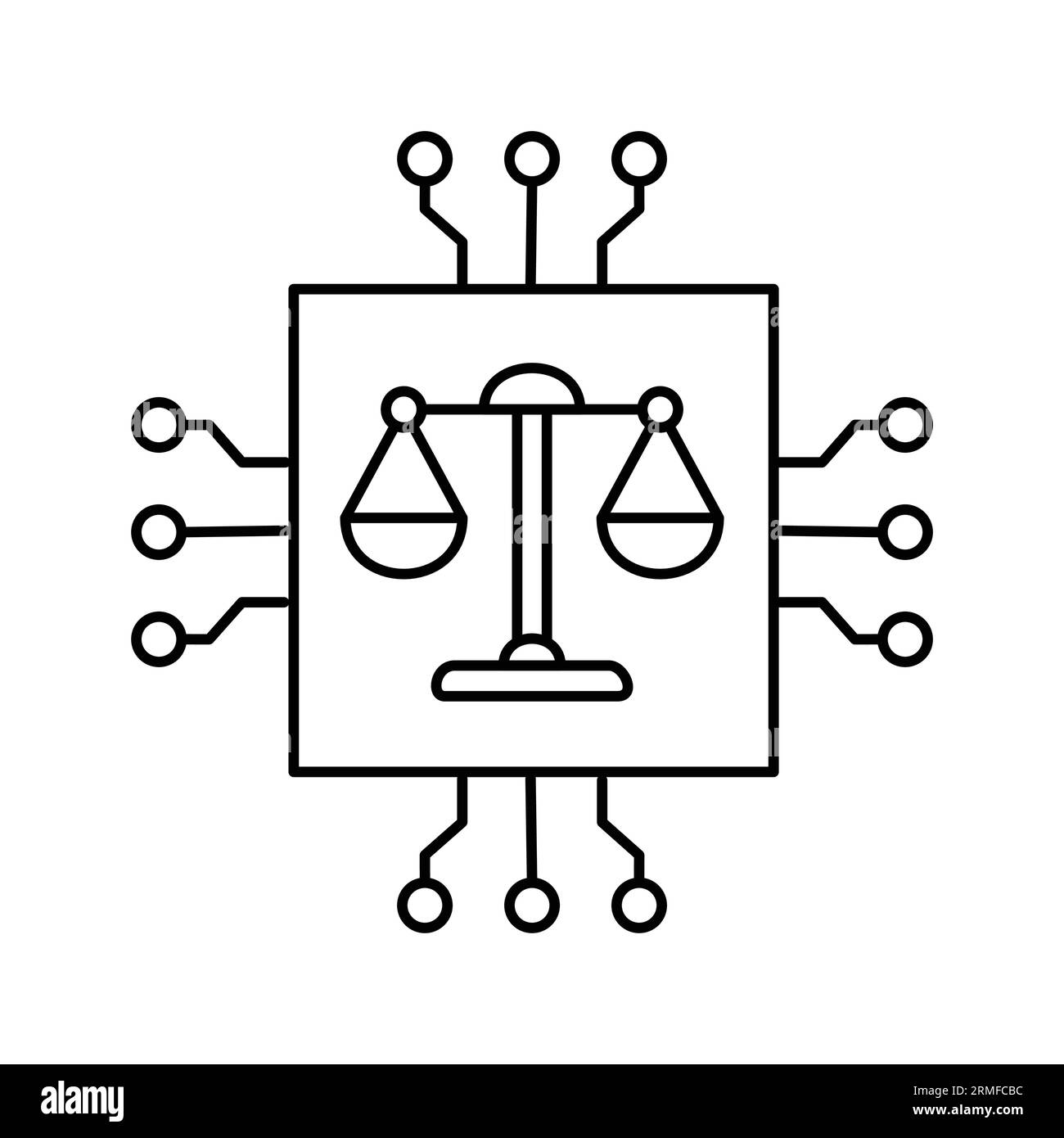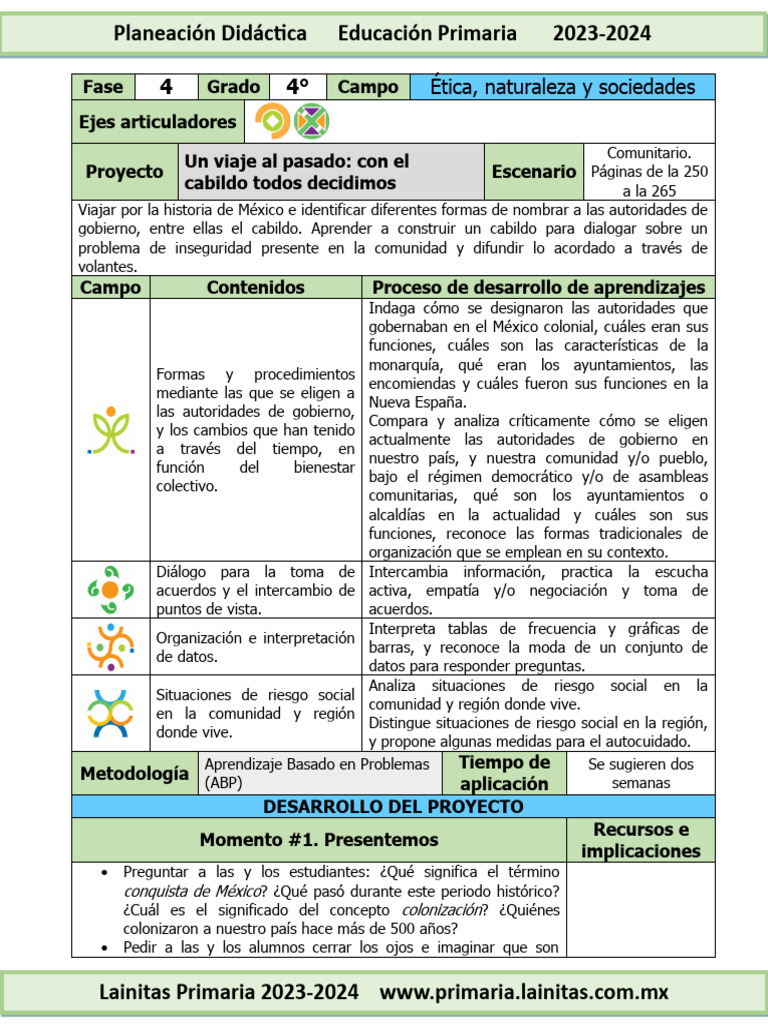Misconceptions About AI Learning: Promoting Responsible AI Practices

Table of Contents
Myth 1: AI Learns Like Humans
The Difference Between Human and Machine Learning
A common misconception is that AI learns in the same way humans do. This couldn't be further from the truth. While both humans and AI systems improve their performance over time, the underlying mechanisms are fundamentally different. Humans learn through experience, reasoning, intuition, and social interaction. AI, on the other hand, relies on machine learning algorithms, particularly neural networks, trained on massive datasets. These algorithms use various techniques such as supervised learning (learning from labeled data), unsupervised learning (finding patterns in unlabeled data), and reinforcement learning (learning through trial and error).
- Humans learn through experience, reasoning, and intuition; AI learns through data patterns and algorithms. Our learning is contextual, informed by prior knowledge and understanding of the world. AI lacks this inherent understanding.
- Humans possess common sense and context; AI lacks inherent understanding. We effortlessly understand nuances and implicit meanings, whereas AI struggles with ambiguity and requires explicit instructions.
- Humans can adapt to novel situations easily; AI requires retraining for new tasks. Adaptability is a core human skill; AI needs significant retraining or fine-tuning to handle unfamiliar scenarios.
For example, a child learns language through interaction and immersion, understanding context and adapting to new vocabulary. In contrast, natural language processing (NLP) in AI requires massive datasets of text and sophisticated algorithms to achieve even a fraction of human language comprehension.
Myth 2: AI is Objective and Unbiased
The Role of Data Bias in AI Learning
Another misconception is that AI is inherently objective and unbiased. This is false. AI systems are trained on data, and if that data reflects existing societal biases, the resulting AI models will inherit and potentially amplify those biases. This phenomenon is known as algorithmic bias or data bias.
- Biased data leads to biased AI models. Garbage in, garbage out – this principle applies directly to AI.
- AI systems can perpetuate and amplify existing societal biases. This can lead to unfair or discriminatory outcomes in areas like loan applications, hiring processes, and even criminal justice.
- The importance of diverse and representative datasets. Creating fair and equitable AI requires careful consideration of data diversity and the mitigation of bias.
A classic example is facial recognition technology, which has been shown to be less accurate in identifying people of color, reflecting the biases present in the datasets used to train these systems. Addressing this requires creating more representative datasets and employing techniques to detect and mitigate bias.
Myth 3: AI Learning is a Set-and-Forget Process
The Importance of Continuous Monitoring and Refinement
Many believe that once an AI system is trained, it requires minimal further attention. This is a dangerous misconception. AI models require ongoing monitoring, evaluation, and refinement to maintain accuracy and performance. The world is constantly changing, and so too are the data patterns on which AI models rely.
- AI models require regular updates to maintain accuracy and performance. Data drift, concept drift, and changes in the environment necessitate continuous retraining and adjustments.
- The need for human oversight and intervention. While AI can automate many tasks, human oversight remains crucial to ensure responsible AI deployment and to identify and address unexpected issues.
- The potential for unintended consequences and the need for mitigation strategies. AI systems can produce unintended and even harmful outputs. Continuous monitoring allows for proactive identification and mitigation of these risks.
Feedback loops and continuous evaluation are crucial aspects of responsible AI development. Regularly auditing AI systems and incorporating human feedback help improve their performance and minimize the risk of harmful outcomes.
Promoting Responsible AI Practices: A Path Forward
Ethical Guidelines and Regulations
Promoting responsible AI practices requires a multi-faceted approach that prioritizes ethical considerations. This necessitates the development and implementation of robust ethical guidelines and regulations.
- Transparency in AI algorithms and decision-making processes. Understanding how AI systems arrive at their decisions is vital for accountability and trust.
- Accountability for the actions of AI systems. Clear lines of responsibility are needed to address errors and mitigate harm.
- The need for interdisciplinary collaboration. Developing responsible AI requires expertise from diverse fields, including computer science, ethics, law, and social sciences.
Organizations like the OECD and the EU are actively working on developing ethical guidelines and regulations for AI, emphasizing fairness, transparency, accountability, and human oversight. These frameworks are crucial in guiding the responsible development and deployment of AI systems.
Conclusion
This article highlighted three common misconceptions about AI learning: the belief that AI learns like humans, the assumption that AI is objective and unbiased, and the misconception that AI learning is a set-and-forget process. Addressing these misconceptions is crucial for promoting responsible AI practices. Responsible AI development requires careful consideration of data bias, continuous monitoring, and the implementation of ethical guidelines and regulations. Let's work together to promote responsible AI learning and build a more ethical future for AI. By understanding the nuances of AI learning and prioritizing ethical considerations, we can harness the power of AI for the benefit of humanity while mitigating potential risks.

Featured Posts
-
 Glastonbury To Host The Searchers Final Concert After 70 Years Of Music
May 31, 2025
Glastonbury To Host The Searchers Final Concert After 70 Years Of Music
May 31, 2025 -
 Bernard Keriks Family Life Wife Hala Matli And Children
May 31, 2025
Bernard Keriks Family Life Wife Hala Matli And Children
May 31, 2025 -
 Carlos Alcaraz Defeats Davidovich Fokina To Reach Monte Carlo Masters Final
May 31, 2025
Carlos Alcaraz Defeats Davidovich Fokina To Reach Monte Carlo Masters Final
May 31, 2025 -
 Rogart Veterinary Clinic Relocates To Tain After Fire Damage
May 31, 2025
Rogart Veterinary Clinic Relocates To Tain After Fire Damage
May 31, 2025 -
 Receta Aragonesa 3 Ingredientes Para Un Viaje Al Pasado
May 31, 2025
Receta Aragonesa 3 Ingredientes Para Un Viaje Al Pasado
May 31, 2025
